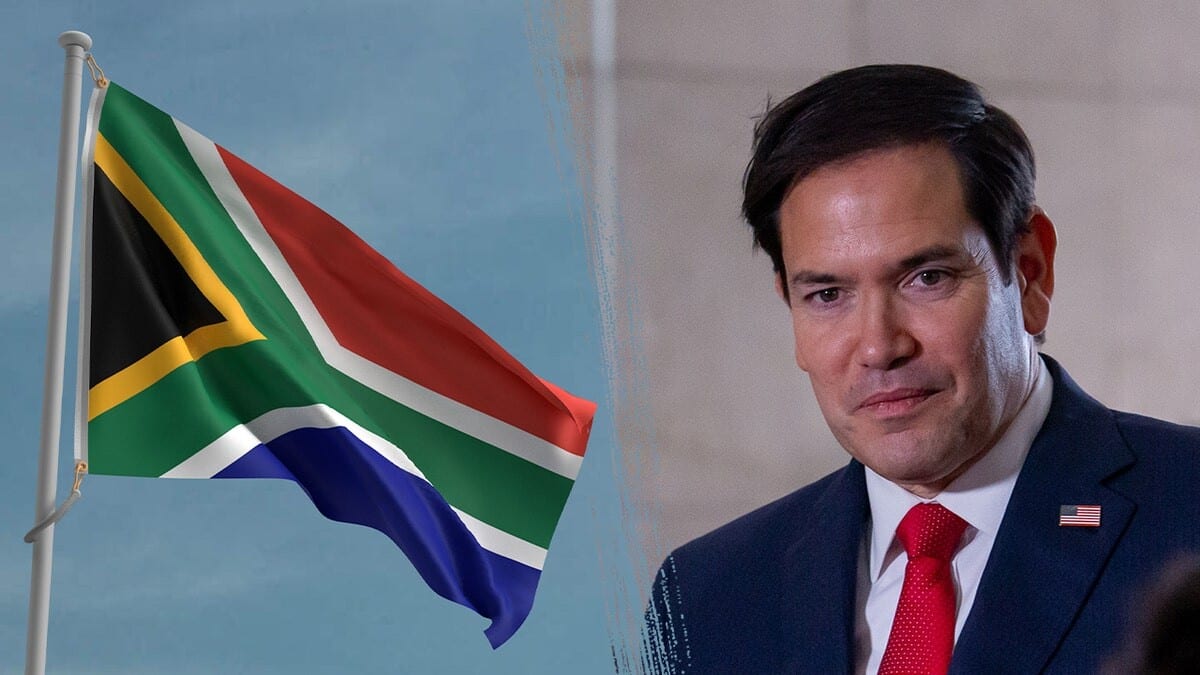
US Secretary of State Rubio to skip G20 over 'anti-Americanism'
What's the story
United States Secretary of State Marco Rubio has decided to skip the upcoming Group of 20 (G20) summit in South Africa.
Rubio's announcement on Wednesday comes amid tensions between Washington and Pretoria over a new land expropriation law in South Africa.
The law allows for the seizure of land without compensation under certain conditions.
Public criticism
Rubio criticizes South Africa's land expropriation law
Rubio has publicly criticized South Africa for "expropriating private property" and promoting "solidarity, equality, & sustainability."
He equated these concepts with diversity, equity, inclusion (DEI), and climate change initiatives.
In a post on X (formerly Twitter), Rubio stated that his role is to "advance America's national interests," not waste taxpayer money or "coddle anti-Americanism."
Potential repercussions
Critics express concern over Rubio's decision
Critics of the Trump administration have raised concerns over Rubio's decision to skip the G20 summit.
Andrew Bates, a former White House senior deputy press secretary under President Joe Biden, hinted that the move could hurt US national security and economic interests while helping China.
"This show of weakness hurts our national security and economy while benefiting China," Bates wrote in a post on X.
Accusations and rebuttals
Trump accuses Ramaphosa's administration of land confiscation
President Donald Trump has accused South African President Cyril Ramaphosa's administration of "confiscating land" and mistreating "certain classes of people."
In response, Ramaphosa said the law is part of a "constitutionally mandated legal process" for equitable land distribution, not a "confiscation instrument."
He further clarified the law allows land seizure without compensation when it is deemed "just and equitable and in the public interest," like when property is unused or and failed agreement with the owner.
Historical injustices
Land ownership in South Africa: A sensitive issue
Land ownership continues to be a contentious issue in South Africa owing to historical injustices of apartheid.
Although Black South Africans make up over 80% of the population, they own only 4% of privately owned farmland.
White South Africans, on the other hand, own about three-quarters of the land while making up just over 7% of the population.